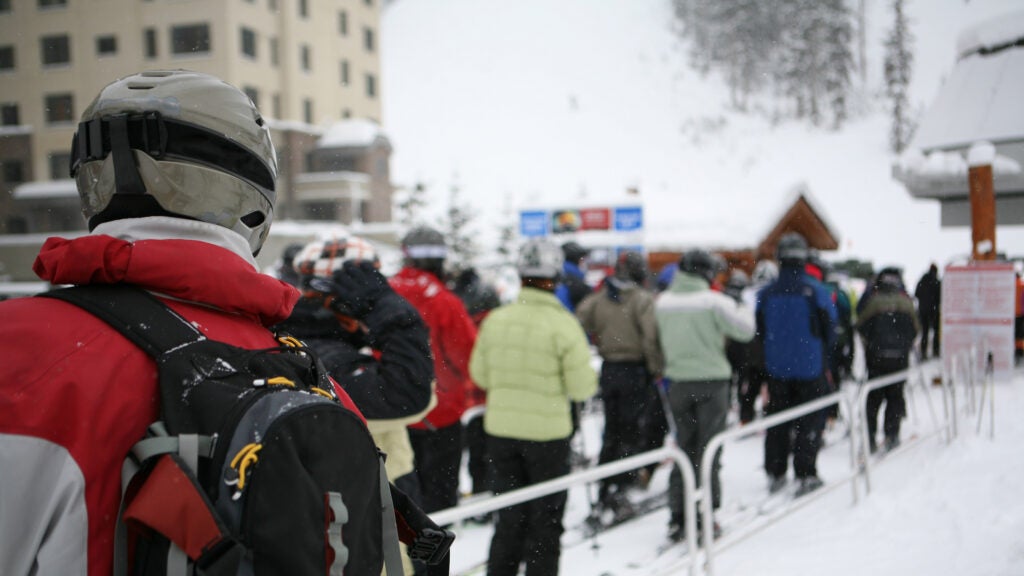Park City Mountain Resort Strike: A Legal Challenge Over Ski Experience
Vacationing at renowned destinations like Park City Mountain Resort is often seen as a dream getaway; however, when expectations clash with reality, legal recourse is sometimes pursued. This is exemplified in a recent class-action lawsuit filed by Christopher Bisaillon against Vail Resorts, Inc., the parent company of Park City, following disruptions caused by a ski patrol union strike.
Bisaillon’s claims stem from a Christmas experience he characterized as a “colossal disaster.” The lawsuit highlights that he and his family of five spent over $15,000 for what was advertised as a “ski experience of a lifetime.” Unfortunately, due to the strike, they managed to ski less than ten runs during their week-long vacation, which severely undercut their expectations and enjoyment.
The lawsuit is not an isolated case; it extends to all individuals who purchased lift tickets between December 27, 2024, and January 7, 2025. It seeks damages that could exceed $5 million based on allegations that Vail Resorts failed to appropriately inform guests about the strike’s impact on operations. Furthermore, it claims that the company did not deliver on the promised value of the lift tickets purchased.
For skiers and families looking to enjoy a winter holiday, the costs can be significant. A single-day adult lift ticket at Park City during peak holiday periods reportedly costs around $289. Taking into account travel, accommodation, dining, and equipment rentals, a week’s vacation can easily amount to between $10,000 and $20,000 for a family, making the stakes of this lawsuit quite high.
Bisaillon arrived shortly after the ski patrol walked out, bewildered by the long lift lines and limited terrain. Reports indicated that only 16% of the mountain was accessible, with only 25 of 41 lifts operational during the time of his visit. Such conditions prompted a wave of frustration among guests, as evidenced by feedback from others who reported enduring lengthy wait times despite being on one of the country’s top ski mountains.
The underlying issues fueling the strike resulted from ongoing negotiations between the ski patrol’s union and Vail Resorts regarding wages and working conditions. With the union feeling that Vail Resorts had not been negotiating in good faith, the strike was a response to their concerns and demands. As the situation escalated, news coverage of the impending strike intensified, yet Bisaillon and many fellow guests reported that they were unaware of the strike’s possibility prior to their arrival.
As the legal proceedings unfold, Vail Resorts has an opportunity to address these concerns, potentially through settlement or trial. Interestingly, following the resolution of the strike on January 7, a tentative agreement was reached between the union and Vail that sought to address the grievances raised, and Vail Resorts subsequently offered credits to guests impacted during the strike period. Their commitment to enhancing the guest experience in the future aims to mitigate the damage to their reputation caused by this incident.
In conclusion, the events at Park City Mountain Resort illustrate the complexities surrounding recreational vacations and the implications of operational disruptions. The outcomes of this lawsuit could set a precedent for guest rights and corporate accountability in the ski industry, emphasizing the significance of effective communication in maintaining guest satisfaction. For ski enthusiasts, staying informed about such issues may impact future vacation choices.
